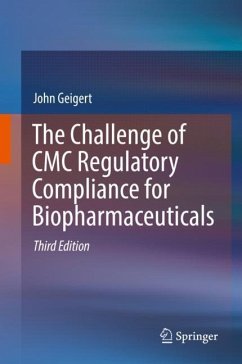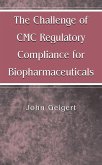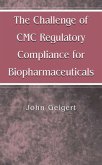Biopharmaceuticals (i.e., biological medicines sourced from genetically-engineered living systems) for treatment of human diseases have become a significant percentage of the pharmaceutical industry. And not just the recombinant DNA-derived proteins and monoclonal antibodies (both from the innovators and biosimilars); but now, an increasing awareness of the importance of gene therapy and genetically engineered cellular medicinal products. These biopharmaceuticals are being developed by many companies whose Chemistry, Manufacturing & Control (CMC) teams have varying degrees of familiarity or experience with the CMC strategy and regulatory compliance requirements for these challenging products. Companies clearly plan out the strategy for their clinical study plans, but frequently, the development of a strategy for CMC is an afterthought. Coupled with the complexity of the biopharmaceutical manufacturing processes and products, and this can be a recipe for disaster. The third edition of this book provides insights and practical guidance for the CMC teams to develop an acceptable cost-effective, risk-based CMC regulatory compliance strategy for all biopharmaceuticals (recombinant proteins, monoclonal antibodies, genetically engineered viruses and genetically engineered human cells) from early clinical stage development through market approval. The third edition of this book provides added coverage for the biosimilars, antibody drug conjugates (ADCs), bispecific antibodies, genetically engineered viruses, and genetically engineered cells. This third edition of the book also addresses the heightened pressure on CMC regulatory compliance timelines due to the introduction of expedited clinical pathways moving the clinical development closer to a seamless phase process (e.g., FDA Breakthrough Therapy designation, CBER Regenerative Medicine Advanced Therapy (RMAT) designation, EMA Priority Medicines (PRIME) designation). The Challenge of CMC Regulatory Compliance for Biopharmaceuticals is essential, practical information for all pharmaceutical development scientists, Manufacturing and Quality Unit staff, Regulatory Affairs personnel, and senior management involved in the manufacture of biopharmaceuticals.
Bitte wählen Sie Ihr Anliegen aus.
Rechnungen
Retourenschein anfordern
Bestellstatus
Storno








